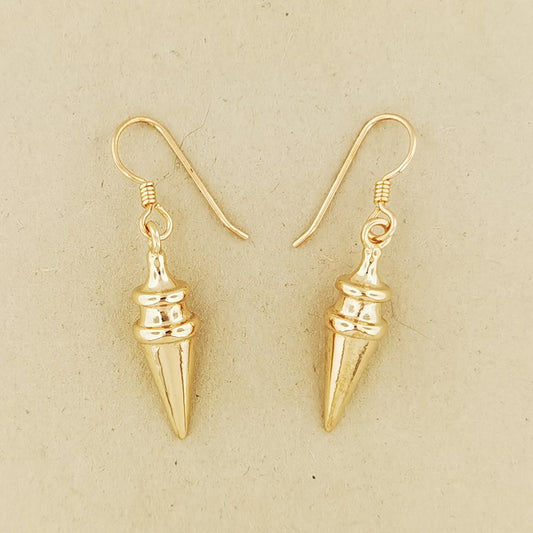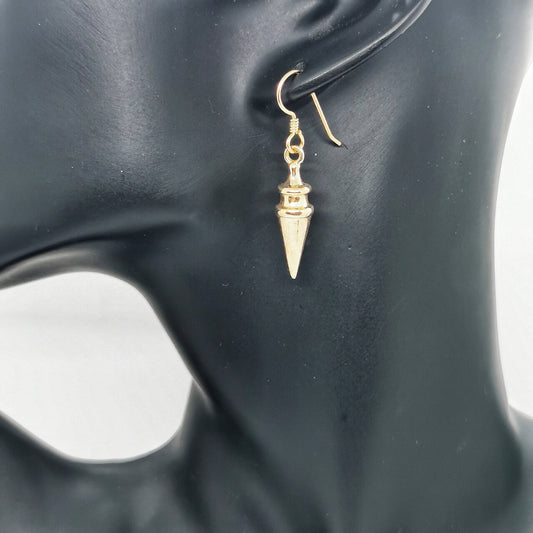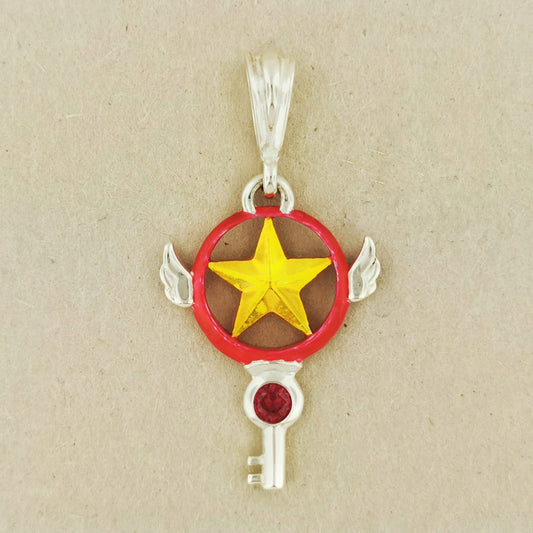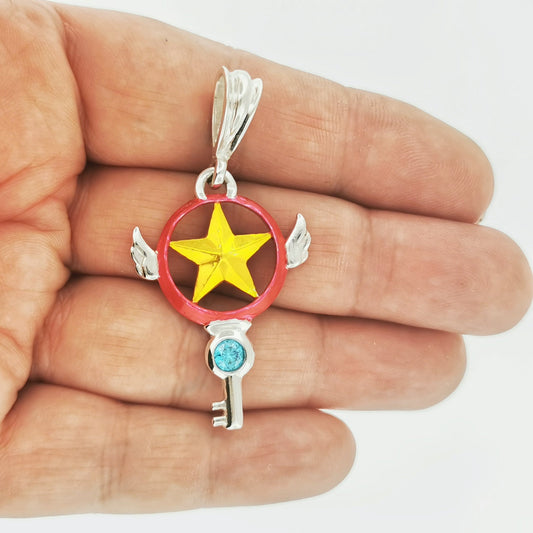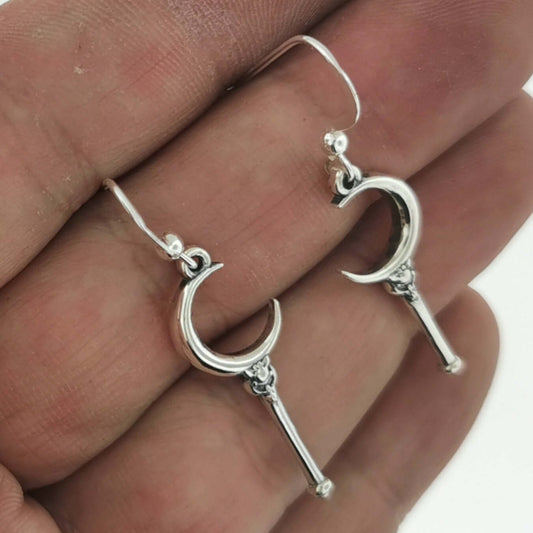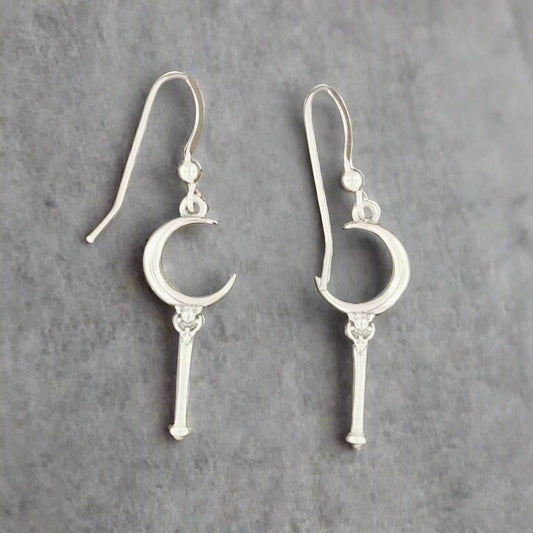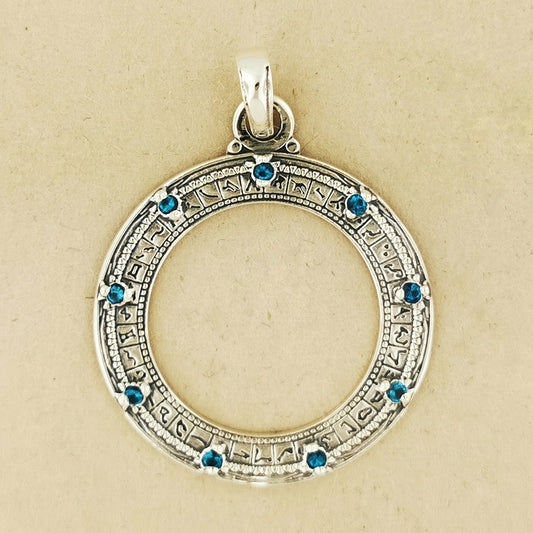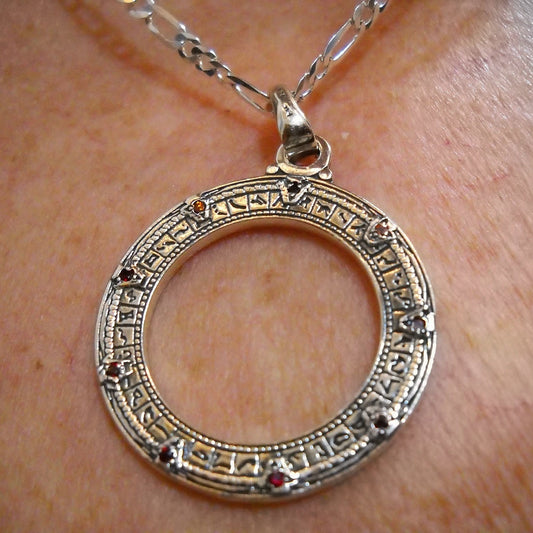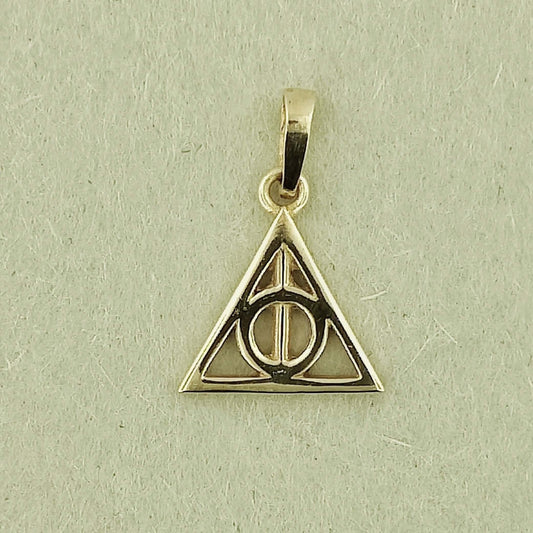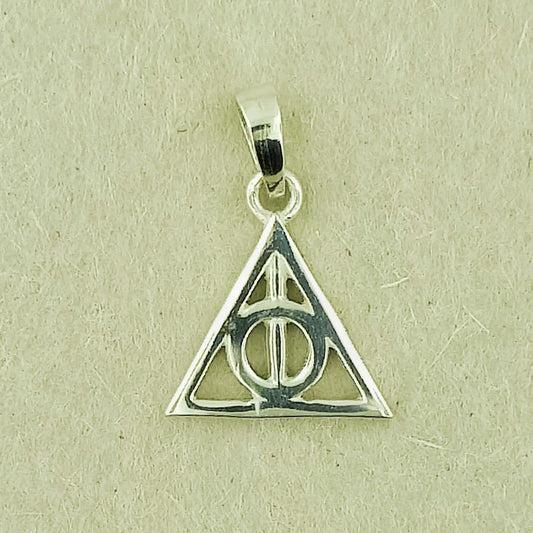Crafting Brilliance: Using Gemstone In Jewellery Designs FAQ
Ever wondered about stones and have lots of questions? So does everyone else! So I'm going to try to answer all the most common questions you might have!
So there is often a bunch of questions folks ask me. Are your stones real are fake? What's the difference between birthstones and genuine stones? Can you provide a certificate to prove it's authenticity? I'll try to answer these and more!

A gemstone is the name given to a piece of mineral (or other rock or organic material) that after it has been cut and polished has been made into a piece of jewellery or another accessory.
Although gemstones are commonly made from crystals such as quartz and sapphires, material such as jet, amber or rocks like lapis lazuli are often classified in the jewellery industry as gemstones. The majority of gemstones will be hard to the touch, but depending on the piece of jewellery that is being created, some soft minerals are also used. On the average they need to be a Moh's Scale of Hardness of 4 ( fluorite) to 10 (diamond) to be durable to wear in rings and pendants, though jet and amber are like a 2-3.
Image source: https://www.nps.gov/
All the gemstones I use are real stones, but many are treated for colour (radiation or heat treatments are common) or they have had treatments to fill in cracks and fissures (glass filled).
This is often found in precious stones like sapphires and emeralds, these treatments are common in gemstones available on the market and are acceptable by Gemological Societies worldwide. I'm pretty picky about being transparent about this, and I use reliable suppliers that won't sell me fake stones instead of real ones!
A fact most people don't realize is most natural gemstones have inclusions, which is 100% natural and are not breaks in the stones!
Simply put, an inclusion is any material that is trapped inside of another mineral while that mineral forms. For example, crystals, liquid or gas bubbles, or even fractures caused by radioactive material in the crystal may comprise gemstone inclusions.
Gemstone inclusions can also reveal how a gem was formed and whether it’s a natural or synthetic stone.
Some gems have specific inclusions that their lookalikes lack. Some inclusions only occur in a single gemstone species or even in a single mine! like how it's almost impossible to find a perfectly clear emerald!

Natural gemstones can vary in colour and intensity from one to the next due to the natural formation in the elements in the crystal.
Did you know there is actually 15+ different colours of garnets? That sapphires and rubies are of the same gemological family, corundum, and sapphire is every colour of the rainbow except red, which is the rubies? Fun eh?
Varieties of Garnet
The difference between natural gemstones and imitation birthstones is often found in the colour.
The birthstones I use are color cubic zirconia that are imitation colours of the genuine birthstones. They tend to be brighter and more vibrant than found naturally, as well as less expensive.

Simulated gemstone birthstone chart
The only person who can issue a certificate of authenticity on gemstones is a gemologist.
A gemologist is a specialist who is trained by accredited schools. I've taken gemology classes, but they are more for the purpose of knowing the different gemstones and their treatments specifically for jewellery-making and repairs. So no, I can't issue a certificate for that.
So hope that answers many of your questions! And don't ever be afraid to ask about the stones, I'm always happy to chat about them!
Thanks for reading,





